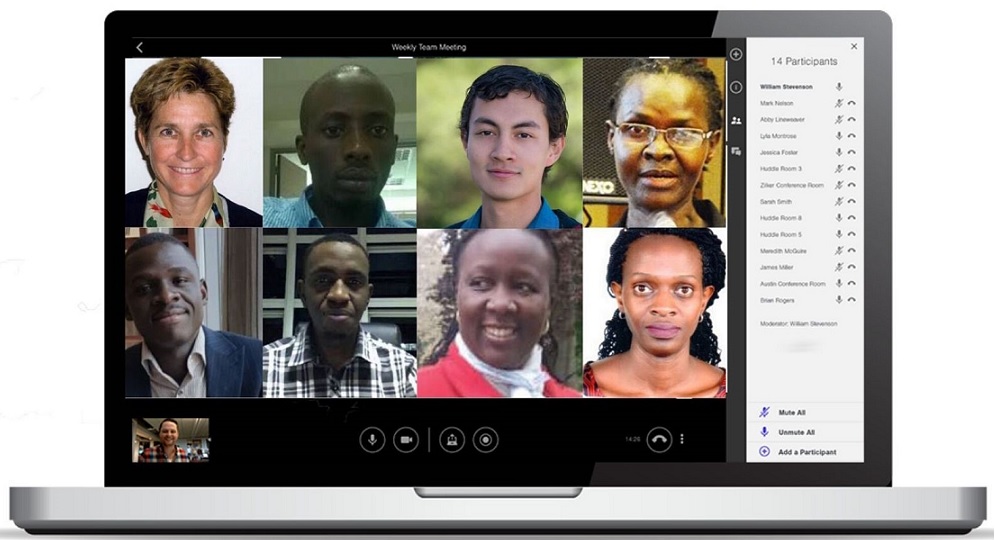 By teleworking and meeting virtually, the National Environment Management Authority (NEMA) Uganda, Kampala Capital City Authority - KCCA, and AirQo are reviewing Uganda's National Air Quality Standards and establishing a database for Kampala city's air pollutants with the backing of U.S. air quality experts Ms. Amy Zimpfer and Dr. Binji Mukherjee. Their work will improve the air quality in Uganda for its citizens and save lives.
By teleworking and meeting virtually, the National Environment Management Authority (NEMA) Uganda, Kampala Capital City Authority - KCCA, and AirQo are reviewing Uganda's National Air Quality Standards and establishing a database for Kampala city's air pollutants with the backing of U.S. air quality experts Ms. Amy Zimpfer and Dr. Binji Mukherjee. Their work will improve the air quality in Uganda for its citizens and save lives.